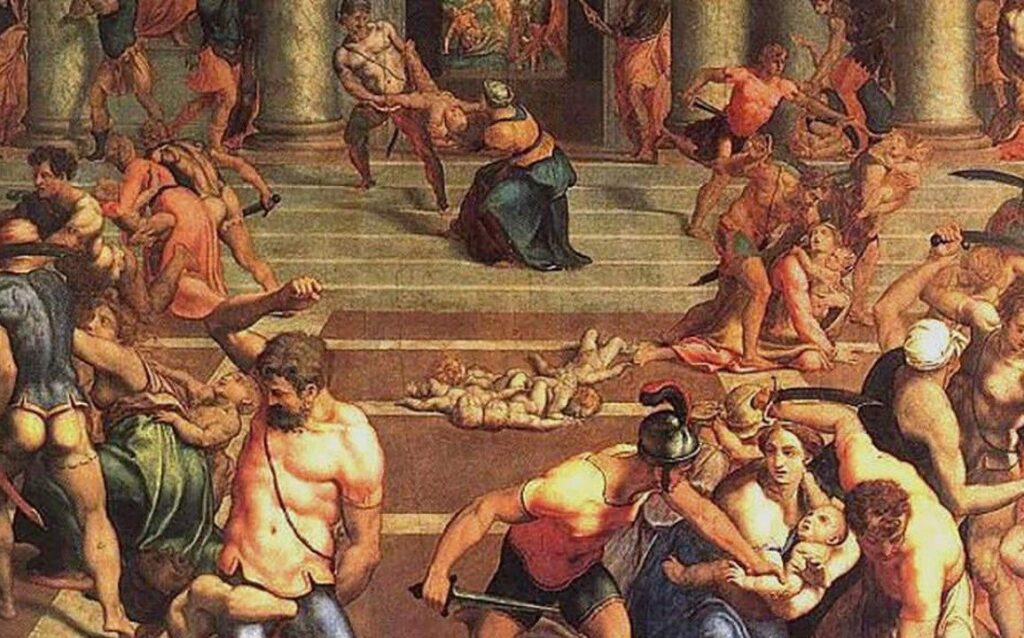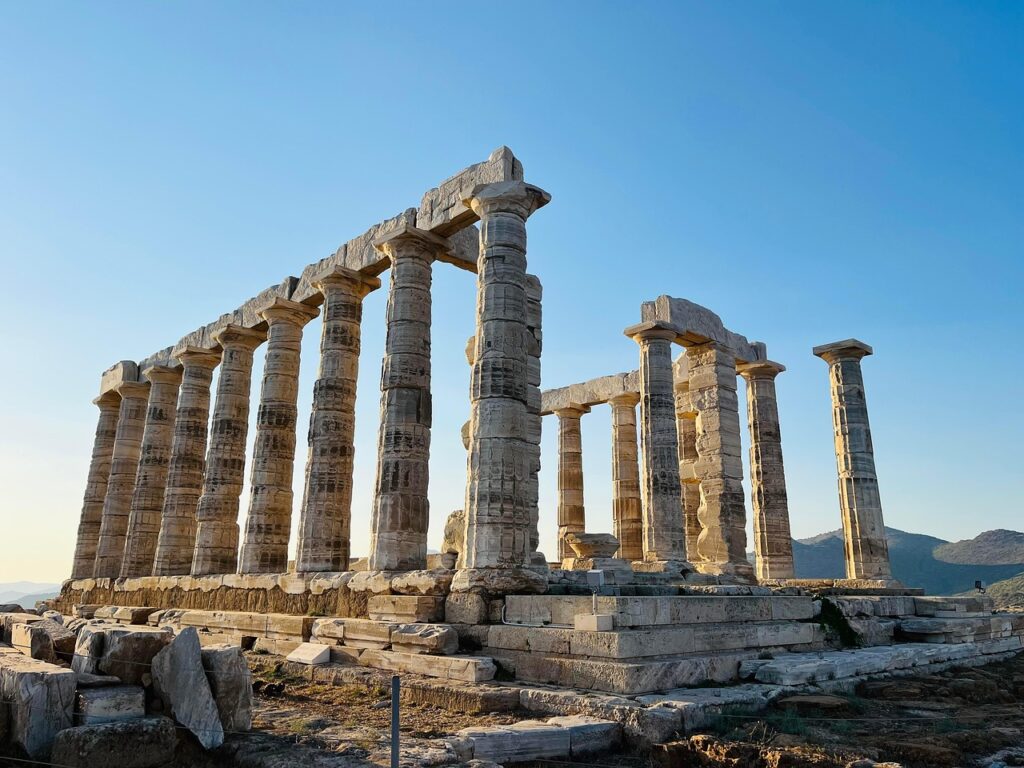Feast of the Holy Innocents
“From the mouths of sucklings you have brought forth praise”

The priest Fernando Luján offers this article on the feast of the Holy Innocents, celebrated today, December 28.
“From the mouths of sucklings you have brought forth praise” (Psalm 8).
As every December 28, the liturgy of the Church celebrates the memory of the Innocent Children that King Herod ordered to be killed in the city of Bethlehem. The story of this event comes to us from the Gospel of Saint Matthew[1]. In this episode, it is narrated how Herod called the High Priests to ask them where the king of Israel, who had been announced by the prophets, was to be born. They answered by quoting the prophet Micah: It must be in Bethlehem, because so the prophet Micah announced, saying: “And you, Bethlehem, are not least among the cities of Judah, for out of you will come a ruler who will be the shepherd of my people Israel” (Micah 5:1).
We must understand the entire Old Testament from the perspective of the Messiah, it all looks at Christ and without him, it cannot be understood as a whole. For this reason, we find countless references to Jesus centuries before his birth and this is the key that the Church uses to interpret it, to fill it with its true meaning.
This reality was sometimes, and especially in the time of Jesus, not fully understood, given that it was thought that the Messiah would be a king in the manner of a political king, that is, in the manner of temporal kings and rulers. Herod, as a child of his time, thought that this king to whom Micah refers would usurp royal power and as he could not be sure who it would be among so many children, he made the Machiavellian decision to sacrifice all the children under two years old.
The same evangelist Saint Matthew will affirm that on that day what the prophet Jeremiah had warned was fulfilled: “A cry is heard in Ramah (near Bethlehem), it is Rachel (the wife of Israel) crying for her children, and she refuses to be comforted, because they are no more” (Jer. 31, 15).
In the framework of the Octave of Christmas, which we are now celebrating, the slaughter of the Holy Innocents is another of the fruits of the Birth of the Savior. The newborn Christ granted the Innocent martyrs the crown of glory.
The hope of Israel was threatened by the anger and hatred of Herod: this caused the Angel to warn the Holy Family of the danger in a dream. Fleeing to Egypt, from where the chosen people had once been freed, Joseph and Mary found refuge with the Child.
Even though they could not speak or defend themselves against human cruelty, with their lives they glorify the newborn Messiah. In this sense, for example, we could understand what is said in Psalm 8: “Lord, our Lord, how wonderful is your name in all the earth! You have exalted your majesty above the heavens. From the mouths of infants you have brought forth praise against your enemies, to repress the adversary and the rebel.”
The Holy Innocents are witnesses of Jesus and represent throughout history so many other innocents whose lives were taken by human cruelty. Today we are not far from that cruelty, or what is the crime of abortion today? Just as the hope of Israel was threatened by the cruelty of Herod, in our day, the hope of so many conceived children is undermined by misunderstood progress. Herod saw a problem in the prophecy of the birth of the Messiah; today, too, the life of the unborn, the innocent, is seen as a problem. Let us recall Pope Francis’ statement in an interview, referring to the scourge of abortion: “is it necessary to take a life to avoid a problem?”
There is no doubt that those who gave their lives for Christ, as they continue to give them today, and for this they received, and these receive, the crown of glory that does not fade. In this sense, we can refer to those we find in the Office of Readings of the Liturgy of the Hours for this day: “Those children, without knowing it, die for Christ, and their parents mourn the death of those martyrs; Christ, when they were still unable to speak, makes them suitable witnesses of his. Such is the reign of him who has come to be king. Thus, he who has come to be a liberator liberates, thus he who has come to be a savior saves”[2].
[1] Conf. Mt 2,13-18
[2] Sermon 2, by Saint Quodvuldeo, bishop – Office of Readings for the Feast
Related

He who is without sin, let him cast the first stone: Fr. Jorge Miró
Jorge Miró
06 April, 2025
3 min

Reflection by Bishop Enrique Díaz: Great things you have done for us, Lord
Enrique Díaz
06 April, 2025
5 min

“The priest finds his reason for being in the Eucharist”
Fundación CARF
01 April, 2025
5 min

Family Valued: An international appeal for the family
Exaudi Staff
01 April, 2025
2 min
 (EN)
(EN)
 (ES)
(ES)
 (IT)
(IT)

